‘One Jewish Boy’ Review: Mixed Messages
An interracial, inter-faith couple seeks common ground in Theater J's heated two-hander, "One Jewish Boy."

We meet married couple Jesse and Alex teetering on the precipice of the end in Stephen Laughton’s impassioned, London-set drama One Jewish Boy (★★☆☆☆), making its U.S. premiere at Theater J.
Jogging back through years of their romance to where it began, the play posits Jesse (Danny Gavigan), a nice, Jewish professor from upper-crust North London, and Alex (Alanna Saunders), a biracial, fervently progressive free-spirit from more modest means, as both a fated love match and a combustible clash of not-quite opposites.
Scene after scene, the pair struggles to find their balance, and, though their sexual attraction might spark a fire at any given moment, more often than not, they simply don’t see eye to eye on things that matter to either or both of them.
“There’s nothing to discuss,” Jesse declares, dismissing Alex’s objections to holding a bris for their baby boy Finn. Of course, Laughton finds loads for them to discuss — from whether a bris constitutes ritual circumcision or genital mutilation, to Black trauma and white privilege. Their discussions commonly devolve into snippy bickering or escalate into all-out verbal warfare, which Gavigan and Saunders pull off convincingly.
In every season of Jesse and Alex’s love story, be they carefree vacationers not-yet engaged, or semi-estranged co-parents, years-deep into a crumbling marriage, Gavigan and Saunders capture the sense of a real couple fighting. That is to say, their rows can be at times unmerciful, and, eventually, no matter whose side you’re on, tedious to witness.
Gavigan and Saunders don’t as convincingly generate the sexy soulmate connection that binds Jesse and Alex despite seemingly insurmountable differences — though their romance is credible, as written.
Director Johanna Gruenhut paces the pair briskly through leaps in time and space, with projected text marking the respective city and year: Walthamstow Village, 2020; New York, 2012; Paris, 2017. Debra Kim Sivigny’s set of bare, white stairs, blocks, and frames serves as a ready canvas for projecting the array of locations, and offers dramatic angles for staging either a seduction or a shouting match.
Gruenhut employs brief interludes of darkness, usually accompanied by music, to reset the mood between scenes, but often it’s on the actors to flip on a dime, conjuring the conflicting emotions that keep these two at odds. They might burst into a party mood, bouncing around gaily to Björk’s “Big Time Sensuality,” when, a moment before, Jesse was stewing over a work colleague practically calling him a Nazi for having complicated feelings about Israel.
Gradually, it becomes clear that Jesse is haunted by an antisemitic attack he suffered that left him physically and emotionally scarred. Triggered by Alex’s comment that, “The fear has ruined you,” he unpacks the pain during a powerful monologue, delivered with affecting sensitivity by Gavigan.
Alex experiences a traumatic event of her own at a certain point in their relationship. And, while Jesse sees the world differently after his attack, Alex sees Jesse differently after what happens to her — though the script doesn’t find words for her to unpack her pain as eloquently. Instead, she argues stridently, and neither character listens with abundant sensitivity. The contentious air stifles their communication, and much of the intended humor.
The couple’s disputes turn into the trauma olympics, which aren’t productive for their relationship or for a meaty exploration of the compromises inherent in this modern-day inter-faith, interracial union. (It could have been meatier: Laughton, who is gay, told an Attitude interviewer that he originally wrote Jesse and Alex as a gay couple.)
Ultimately, the play’s energy sags under the weight of so many angry silences, but gains lift from the possibility, threaded throughout, that Jesse and Alex might recover from their trauma, whether together or apart, and put the fear behind them. Then, maybe they can solve all their other problems.
One Jewish Boy runs through July 2, at Theater J, 1529 16th St. NW. Tickets are $39 to $85.
Call 202-777-3210, or visit www.theaterj.org.
Support Metro Weekly’s Journalism
These are challenging times for news organizations. And yet it’s crucial we stay active and provide vital resources and information to both our local readers and the world. So won’t you please take a moment and consider supporting Metro Weekly with a membership? For as little as $5 a month, you can help ensure Metro Weekly magazine and MetroWeekly.com remain free, viable resources as we provide the best, most diverse, culturally-resonant LGBTQ coverage in both the D.C. region and around the world. Memberships come with exclusive perks and discounts, your own personal digital delivery of each week’s magazine (and an archive), access to our Member's Lounge when it launches this fall, and exclusive members-only items like Metro Weekly Membership Mugs and Tote Bags! Check out all our membership levels here and please join us today!








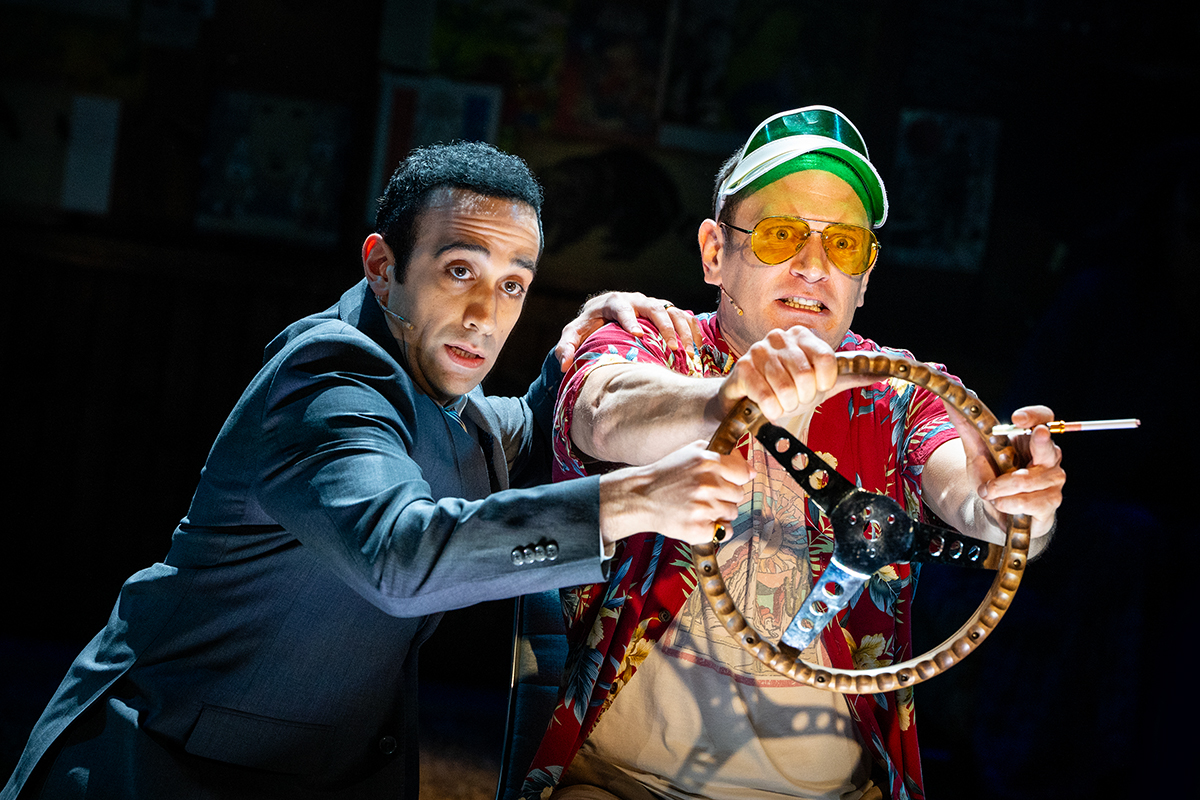
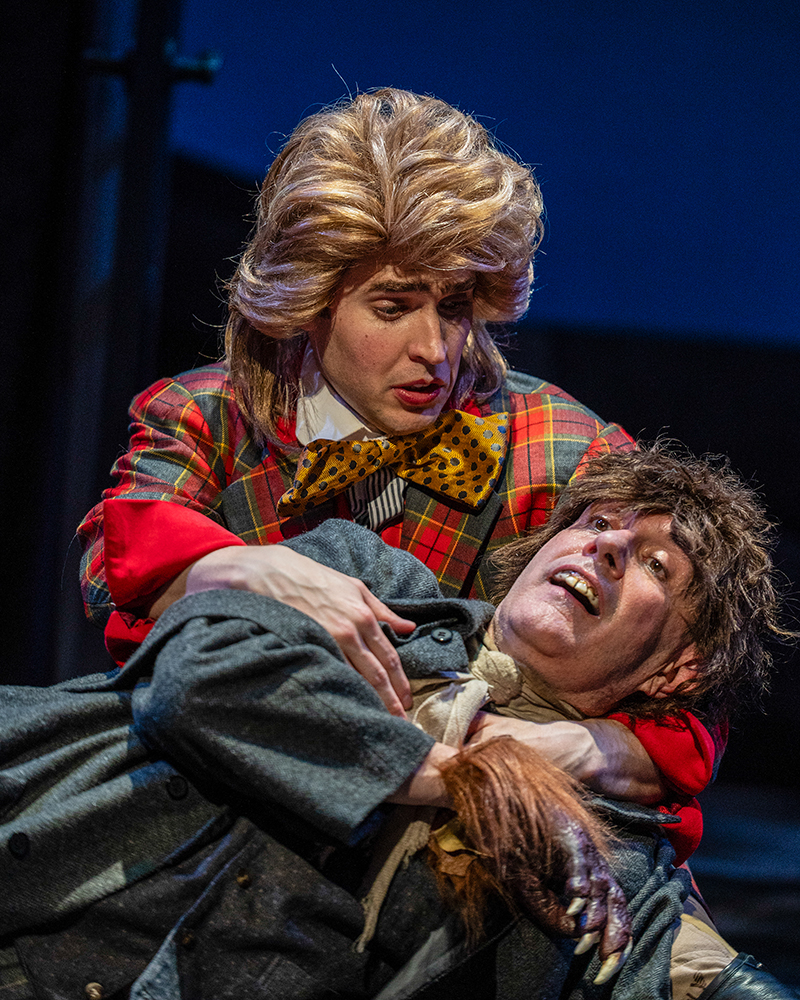
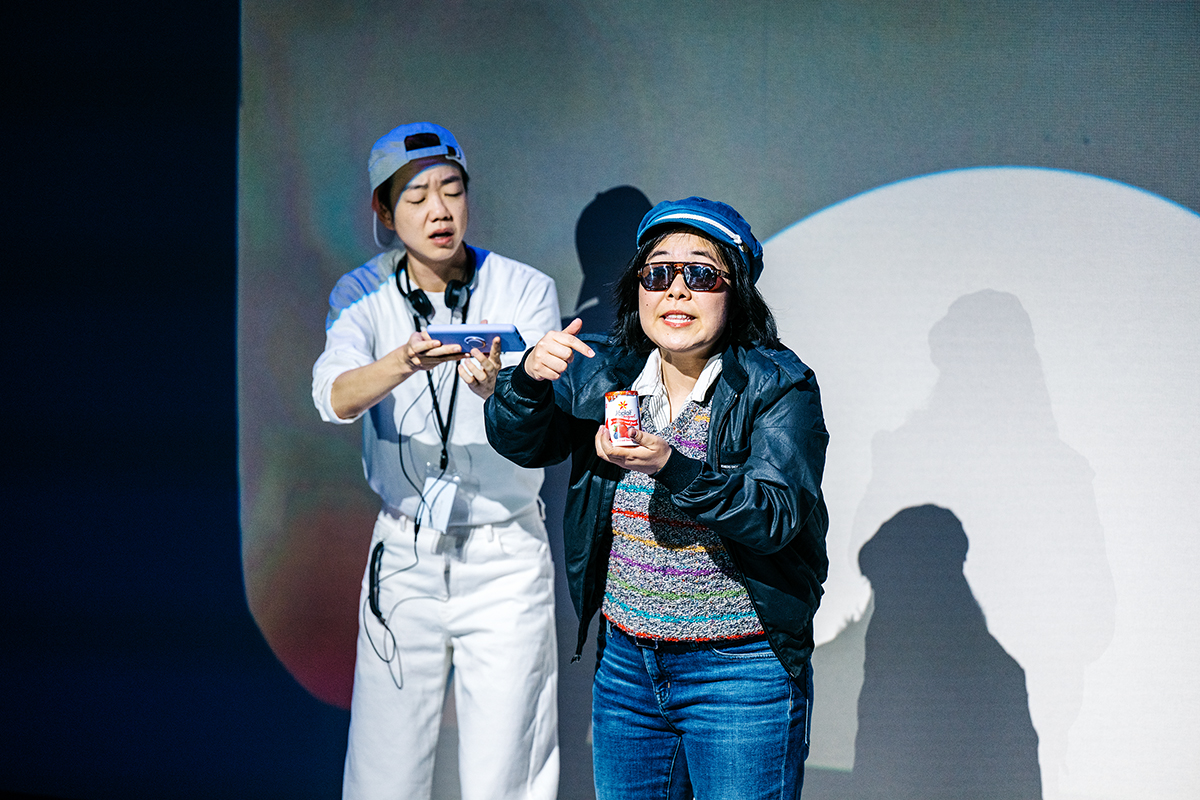














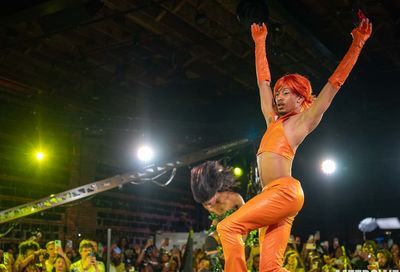

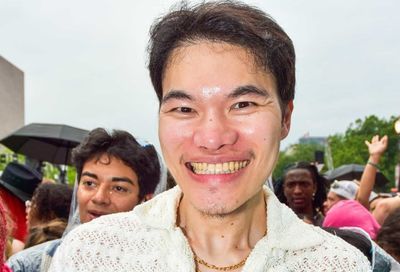
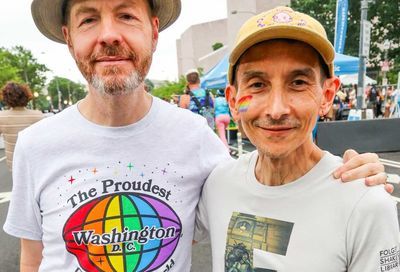
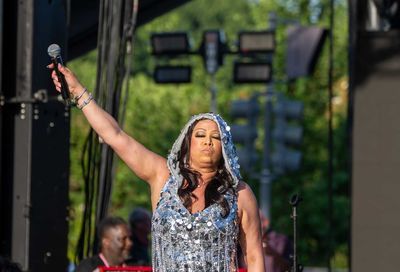



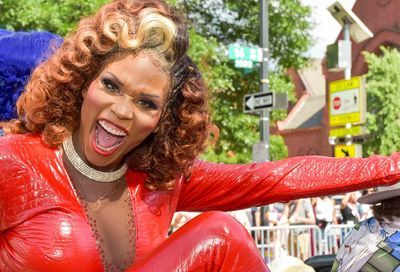
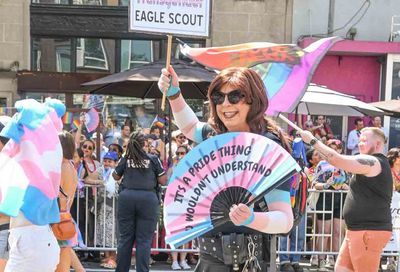
You must be logged in to post a comment.